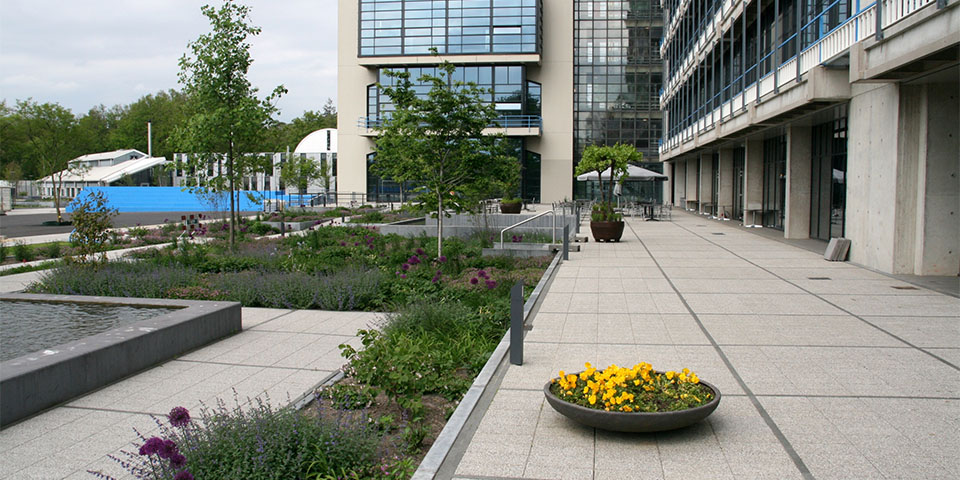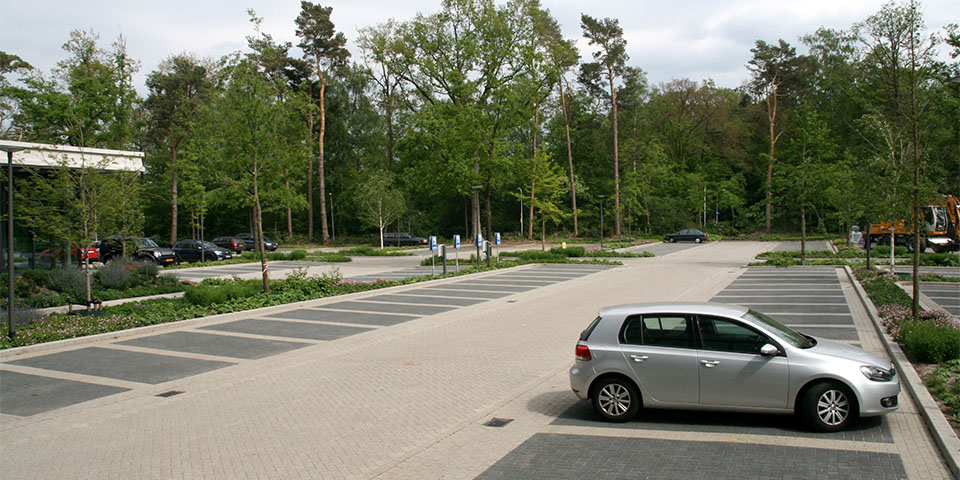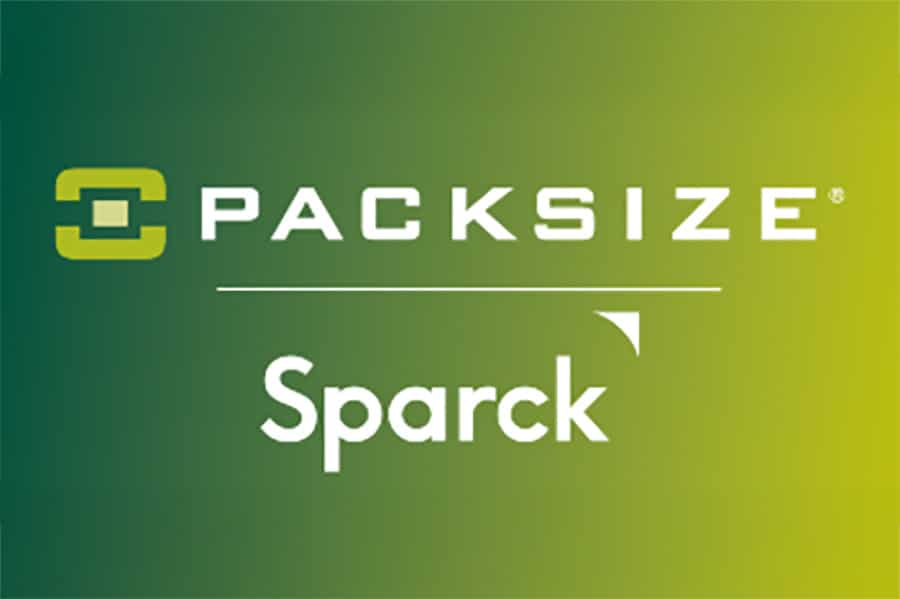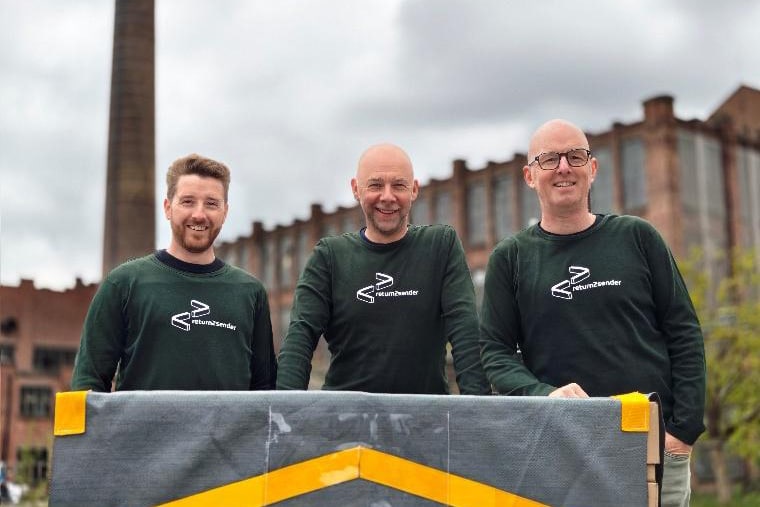
Huge CO2 reduction and very low EQI
by using sustainable, circular cementless concrete
In the renovation project De Hogekamp, a faculty building at the University of Twente, as much as 50 tons of CO2 saved. This is equivalent to the annual consumption of about five households. This substantial saving was achieved thanks to the application of approximately 17,000 units of cementless pavers and concrete paving stones. On a green campus like this one, the University of Twente chose this sustainable solution from v.d. Bosch Beton, manufacturer of paving materials for the professional market.
"With the delivery of the very first cementless Reduton® products, v.d. Bosch Beton had a European first in a project of the province of Overijssel with grass elements, later in Rotterdam with the first paving stones and on the campus of University of Twente in Enschede with various products," says Berry Mullink, head of sales at v.d. Bosch Beton. "In this way, demonstrably great gains have been made in terms of sustainability."
Sustainability
Globally, the cement industry is responsible for some 8-10% of CO2-emissions. Reason why v.d. Bosch Beton, with innovative sustainability as an important pillar in the company, has developed the Reduton® cementless concrete has further developed into several products. These are increasingly used in projects where low MKI (Environmental Cost Indicator) scores are being driven. Mullink: "The government targets of 2030 are clear, but by no means everyone is responding to them. But ten years from now it really will be that time." Mullink explains that the company has been in existence for 106 years and has always been ahead of market demands and needs. "We are not afraid to stick our necks out. Precisely because we know what is going on in the market and we have many contacts with governments, we go to work to provide the market with the right products."

Approximately 17,000 units of cementless paving materials is the sustainable solution applied by v.d. Bosch Concrete to the green campus.
Technical masterpiece
And so Reduton also came into being®. "At the University of Eindhoven, concrete was discussed at a high technical level and that's where the right people found each other. One had an idea, we the plant." SQAPE Geopolymer Technology and v.d. Bosch Concrete tested the product and further developed it into the Reduton® as it is there today. It is incorporated into products such as pavers, curb and curb stones, grass elements and tiles. "Expertise, trust and good cooperation can lead to sustainable choices, as it turns out," he said.
Geoploymers
The durability lies in the fact that no cement is used in this concrete, but geopolymers as an organic binder. In addition, it is built largely from circular raw materials. "Reduton® has the same quality as conventional cement concrete," says Mullink. "All our products are certified and in addition we offer a verified and audited MKI calculation." He concludes, "To really keep circularity going and not let concrete become society's dustbin by just putting all sorts of things in it, in addition to supplying circular products, it is now also important to carefully demolish and not to use concrete for other purposes but to return it to concrete. Only then will we be circular, contribute optimally to the environment, the sustainability of infrastructure and road safety."



